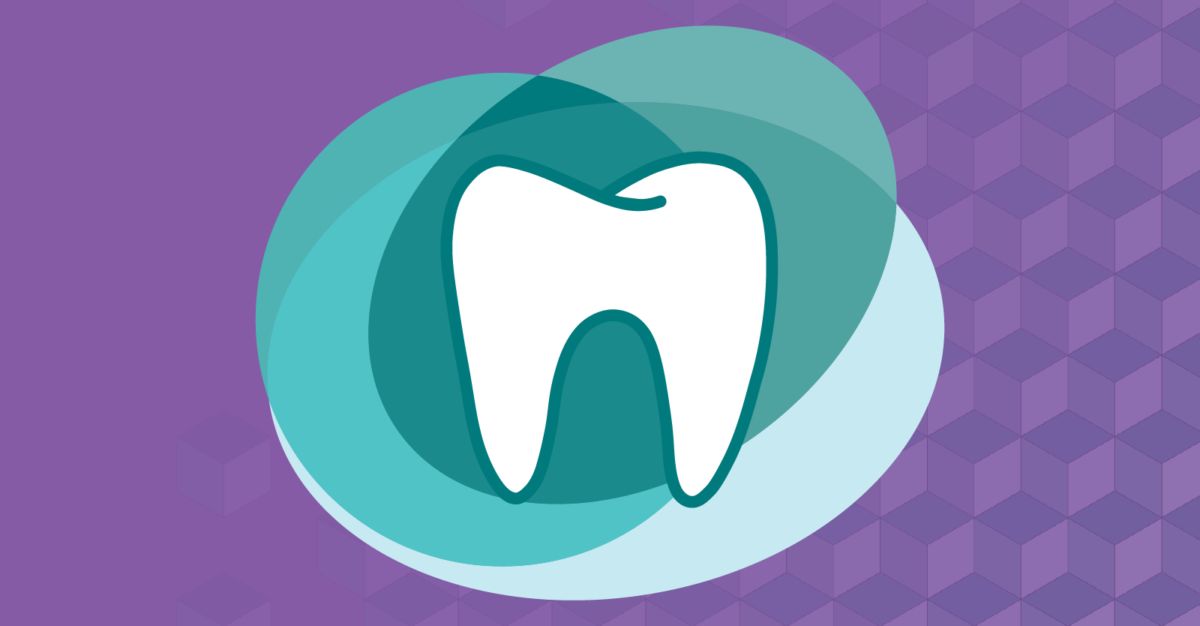Dentists in North Carolina are uniquely positioned to begin administering some vaccinations, like those for the Human Papillomavirus (HPV) and Influenza. Currently only three states – Oregon, Illinois and Michigan – have existing legislation that allows dentists to administer vaccines. During the 2009 Swine Flu (H1N1) pandemic, dentists were temporarily added to the pool of flu vaccine administrators in certain states, such as Massachusetts. As scientists race to create an effective COVID-19 vaccine, the dental workforce could offer important support to the medical community, helping administer the vaccine to the public as efficiently and effectively as possible.
Dentists are highly qualified health providers, and are well poised to administer vaccines. Dental students attend the first two years of dental school training in coursework mirroring that of their medical student counterparts, and thus have congruent training regarding the use of medications and management of adverse reactions. Within their daily practice, dental providers routinely administer injections in anatomically difficult positions, ensuring that they are capable of administering intramuscular injections such as vaccinations into the deltoid muscles of the upper arm.
Approximately 79 million Americans are infected with Human Papillomavirus (HPV), making it the most prevalent sexually transmitted infection (STI) in the United States. HPV is responsible for approximately 70 percent of oropharyngeal cancers and more than 90 percent of cervical cancers. However, studies have shown that cancers associated with the virus are all but entirely preventable in patients that have completed the series of HPV vaccines prior to virus exposure.
In Australia, mass HPV vaccination has been correlated with a significant reduction in cervical cancer rates. While it may never be possible to completely eradicate cervical cancer, morally it is negligent not to fully utilize every avenue to contribute in the reduction of HPV associated cancers.
Many barriers restrict rural residents’ access to primary care. According to the Agency for Health Research and Quality (AHRQ), in 2017, approximately nine percent –or nearly 31 million people–sought care from a dental provider but not a medical provider. The barriers to accessing routine medical care disproportionately affect rural children, particularly in regards to vaccination. Rural children are approximately 30 percent less likely to have completed the full series of HPV vaccines. By enabling dentists to administer vaccines within their practices, rural residents will have an additional means by which to obtain these vaccinations.
Patients will benefit from the added convenience of being able to receive vaccines within the dental setting, minimizing travel burdens for patients.
Advocating for dental providers to be able to administer vaccines must start by raising the public’s awareness of the importance of HPV vaccination and promoting their understanding of dentists’ qualifications regarding vaccine administration. If successful, this policy opportunity has the potential to positively impact rural communities statewide.
Amanda Assante, Alexis Davis, Astha Patel, and Jessica Sharrow are students in Campbell University’s public health master’s program. In the fall 2020 semester, as a part of their coursework, Amanda, Alexis, Astha, and Jessica participated in an oral health practicum experience in which they dove deep into dental professional-administered vaccines with the North Carolina Oral Health Collaborative.


